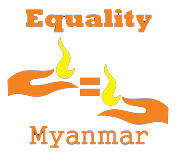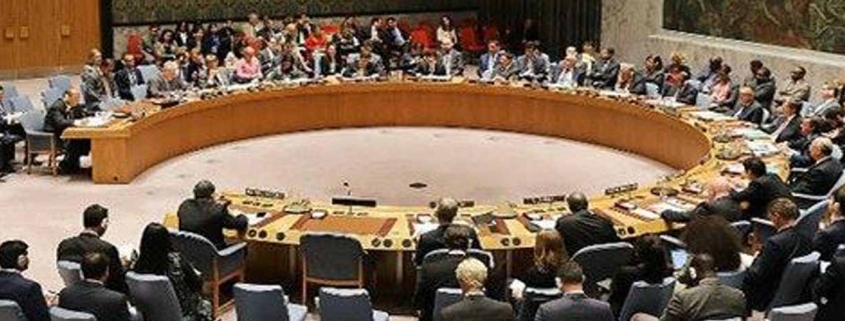Myanmar’s Permanent Representative to UN spoke on Myanmar’s efforts in prevention of sexual violence and measures taken to address the issue at the United Nations Security Council’s open debate on Women, Peace and Security:
“Preventing sexual violence in conflict through empowerment, gender equality and access to justice” at the United Nations Headquarters on 16 April 2018.
SPEAKING at the debate, Permanent Representative ofMyanmar, Ambassador U Hau Do Suan explained Myanmar’s position of preventing and addressing conflict – related sexual violence by taking further steps to cooperate with the United Nations. With regard to the Annual Report of the Secretary- General on Conflict related Sexual Violence, he said that the report acknowledges important steps taken by Myanmar to protect the rights of women and children. However, it is most regrettable that the Tatmadaw has been listed in the annex of the report despite Myanmar’s genuine efforts to engage constructively with the office of the Special Representative of the Secretary-General on Sexual Violence in Conflict (SRSGSVC).Besides, the decision of the listing was made based on unverified allegations in spite of our attempts to interview the alleged victims in the camps of Cox’s Bazar to investigate the cases. However, we are disappointed that our request for proper investigations had been denied.
With regard to the alleged sexual violence as mentioned in the Secretary-General’s report, the Government of Myanmar has made its position very clear that it will not condone any human rights abuse. If there is concrete evidence, we are ready to take action against any perpetrator in accordance with the law without impunity. The recent sentencing of seven military personnel to 10 years in prison with hard labour who were involved in the Inn Din incident, is a clear demonstration of the Government’s strong commitment to the rule of law. Myanmar delegation categorically rejects the groundless accusationsthat sexual violence had been used as a strategy to force the Muslim people to flee their homes.
In Myanmar, sexual violence is crime strongly abhorred by our traditional values, and strictly forbidden by law and its culture. Myanmar delegations tressed that the members of the armed forces are subject not only to the Military Act of 1959 and Military by-laws, but also to the existing civilian laws and traditions. As such, severe legal action is taken against perpetrators, be they civilian or member of security forces. There were a number of evidences of prosecutions of military personnel for committing sexual violence.
Members of the armed forces have been clearly instructed to strictly follow Military Code of Conduct and not to involve in crimes including sexual violence. A series of capacity building workshops were held to educate military personnel on human rights. The curriculums of the military training schools include teaching of law related to prevention of sexual violence.
Myanmar strongly objects the use of such words as “ethnic cleansing” or “genocide” in reference to the situation in Rakhine State. Such irresponsible accusations based on unsubstantiated, one-sided allegations, fake news and tempered reports for political purpose, will only exacerbate the current situation and will lead to further polarization of different communities in the region.
He said such incessant rhetoric against Myanmar will only impact negatively on the existing cooperation between Myanmar and the United Nations, as well as the on-going bilateral cooperation with Bangladesh in the efforts to find a lasting solution to the current humanitarian problem as well as the complex situation in Rakhine.
According to the Ministry of Foreign Affairs, Ambassador U Hau Do Suan also reminded that as we all condemn conflict-relat- Ambassador U Hau Do Suan, Permanent Representative of Myanmar to UN ed sexual violence, we should also deplore the exploitation of this sensitive issue by certain groups as a tool to achieve their own political goal. The problem of sexual violence cannot be resolved through naming and blaming. The international community must take a constructive approach through sharing of information of violations and assisting the member states in their efforts to address the issue.


 Equality Myanmar (EQMM) is a leading nongovernmental organization that organises a wide range of human rights education and advocacy programs, the documentation human rights violations, and provides emergency support for activists, human rights defenders, and their families. We work with a range of local civil society organizations, educators, activists, various local actors, and our programs and activities reach all states and regions in Myanmar.
Equality Myanmar (EQMM) is a leading nongovernmental organization that organises a wide range of human rights education and advocacy programs, the documentation human rights violations, and provides emergency support for activists, human rights defenders, and their families. We work with a range of local civil society organizations, educators, activists, various local actors, and our programs and activities reach all states and regions in Myanmar.
